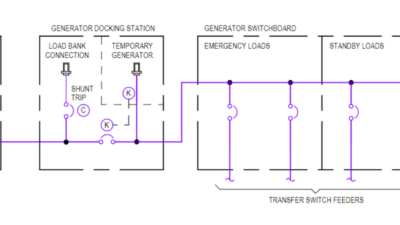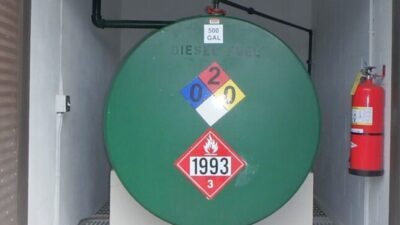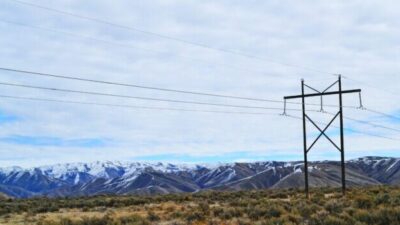Questions that were not addressed during the live event on June 12 are answered here by Brian Ponstein, regional sales engineer at MTU Onsite Energy.
Brian Ponstein, regional sales engineer at MTU Onsite Energy, answers questions not addressed in the June 12 webcast "Power systems: Genset fuel sustainability and reliability."
Question: Are there stabilizers you can add to diesel fuel to extend the shelf-life?
Brian Ponstein: There are additives that can be used to lengthen the storage life of the fuel.
Question: Are fuel suppliers obligated to disclose if any amount of biodiesel is blended in conventional fuel?
Ponstein: From the United States perspective, the federal regulation does not require a supplier to disclose the amount of biodiesel content if the content of biodiesel is 5% or less. When exceeding 5%, the federal requirement does require a disclosure.
Question: If adding additional filters, what micron size should be used?
Ponstein: Filter sizing should be inline with the specific engine being used. Some engines require finer micron ratings than others. Prefilters should always be of a larger micron size than the on-engine filters.
Question: Should we be concerned about cold weather pour point of biodiesel blends? Would fuel heaters be recommended in cold climates?
Ponstein: Currently, the winter blend diesel fuel used in North America does not have biodiesel. Many clients will use winter blend fuels year-round in generator set applications to limit the effects of cold weather behavior.
Question: Is B0 Diesel the same as ULSD diesel fuel?
Ponstein: B0 only signifies that the fuel is distillate diesel fuel with no biodiesel content. Within some countries, this is ULSD but it is not indicative for all countries, as some countries do not have ULSD.
Question: Can you get a B0 fuel even in the United States with mandates such as Minnesota and California?
Ponstein: It is really a case-by-case review of the current regulation. For example, Minnesota regulations require all customers to get B20 in the summer months, with a couple exemptions. If a client fits into one of the exemptions they can get B0 from their supplier. However, this will have to be communicated to the fuel supplier.
Question: Is there a best publication or informational piece to leave with every genset end user/owner?
Ponstein: Please see the end of the webcast presentation for a complete list of supporting references.
Question: How can you avoid contamination from switch-loading in the jobber/delivery system? What specific test should be performed to get the critical fuel characteristics? Where can a fuel sample be tested? How often do you suggest testing fuel? annually?
Ponstein: This video does a great job of addressing the topic of testing a generator set fuel tank.
Question: What type of fuel filtration media is most effective in removing biogrowth?
Ponstein: As indicated, a fuel filtration method may not be the best solution. Depending on what is in the fuel tank an additive may be a better solution.



